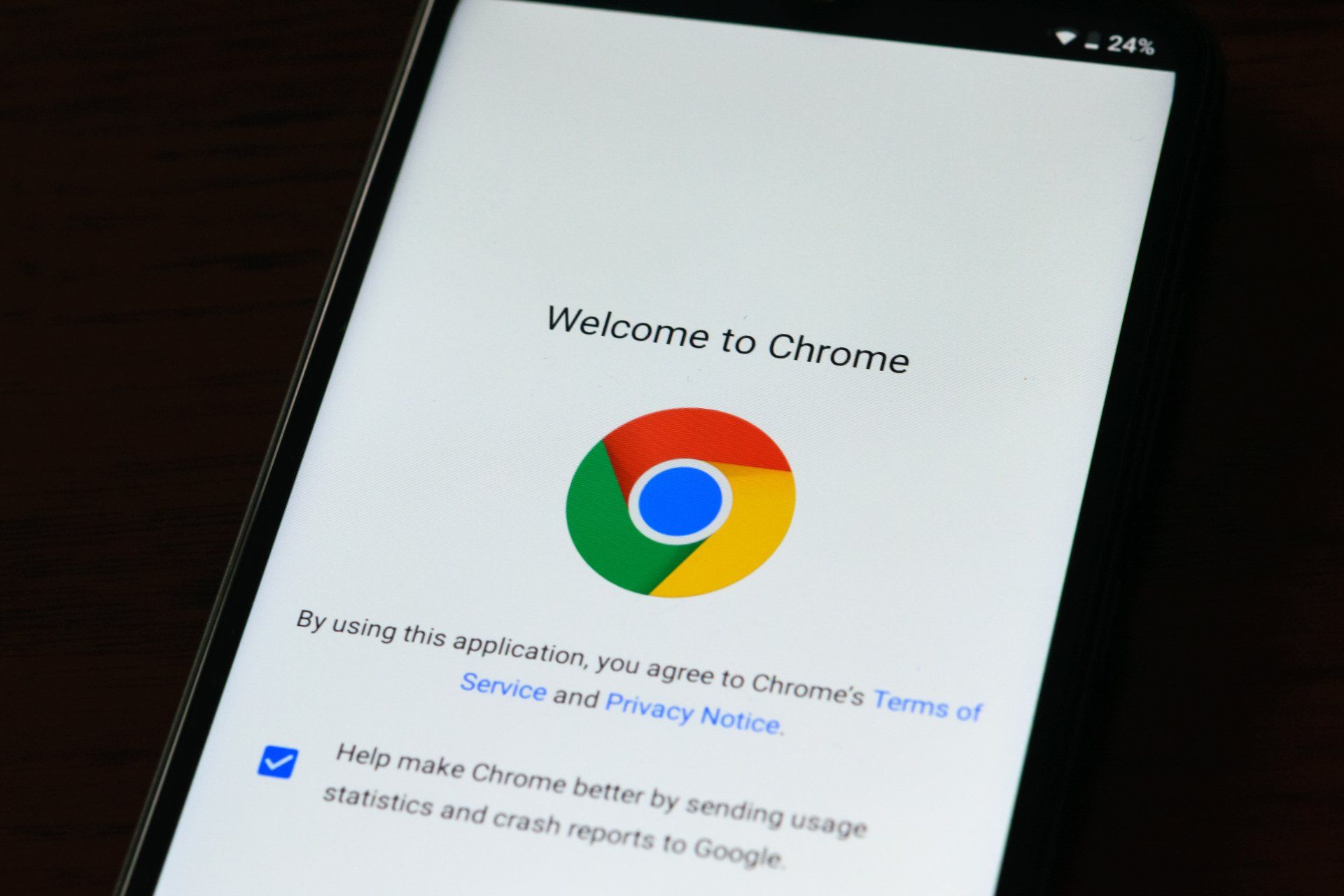Lower Your Bounce Rate Through SEO - Part 1
Jenny Marsden --August 28, 2019
Lowering Your Bounce Rate

A Bounce Rate is (basically) the percentage of visitors who come to your website and do absolutely nothing and then leave. They don't click to read more, they don't use the menu so effectively have no engagement at all. The way it's calculated by Google is a little more complicated than that, but that is basically what a bounce rate is.
It doesn’t matter what you create your website for, you want people to stay for as long as it takes to get the message you are trying to give them. It is always painful when you have people leaving your site as soon as they arrive, without checking other pages or taking action (buying your product, subscribing for your email list, etc.).
In this article, we wish to share with you some of the ways to keep people on your website and reduce the rate at which they bounce out of your website as soon as they come in (bounce rate) using some specific methods of improving your SEO and also by closely studying your readers.
How Will SEO Help?
SEO is an acronym for Search Engine Optimization, and is a process that involves improving your website traffic by increasing your website visibility in search engines. These search engines include Google, YouTube, Bing, etc. For this article, we will focus more on Google and how do rank better in Google.
Having your SEO focused on your target market will ensure that visitors to your website are (for want of a better word) pre-qualified. They've come to your website because of the search terms they have used and the language you have used in your meta tags (which is one of the best opportunities to actually convert those search clicks).
Ideas for Improving Your SEO
- Use specific and relevant keywords: You have to be very thorough in your keyword research if you hope to improve your SEO and reduce your bounce rate. What this means is that you should try using non-competitive keywords that apply directly to the audience you are trying to target as opposed to generic and super competitive keywords that major websites and publications are using. Your audience won’t stay for long on your website if they think your content doesn’t apply directly to them. Also, you want to know exactly what your audience is looking for with the said keyword and try to give them that kind of content (whether it’s an infographic, video, podcast or blog post).
- Link to other relevant posts: If you have another post in your website that is relevant to the one they are there to read, then try to link to this post. This will keep them on your website for long and improve your chances of ranking higher on a Google search. This step is very important. Do not slack off on it. Make some time every month to scroll through existing blog posts and see what new relevant information you have that you can now link to. You will be surprised how many internal links you can add.
- Try to increase your referral traffic: This way, you know that the people reading your blog through a referral from another blog are interested in your niche and will stay longer. You can increase your referral traffic by guest posting and synergizing with other bloggers in your niche.
- Give a freebie: Offer bonuses to your blog readers to thank them for visiting your website and encourage them to stay longer. If they get enough value from your freebie, they will stay longer and keep coming back for more.
- Email your posts to your subscribers: If a client shares with you their email, ensure you send them blog posts as soon as you write them. Your subscribers already want more info from you (which is why they signed up) and they will stick around for longer when you give them something to read. This will reduce your bounce rate tremendously.
As a blogger or website owner, ensure you take these tips seriously and implement them and you will find that your readers will take your website seriously and stay longer. Try these tips today and be ready for next weeks Part 2 with more great actions for you to take.











